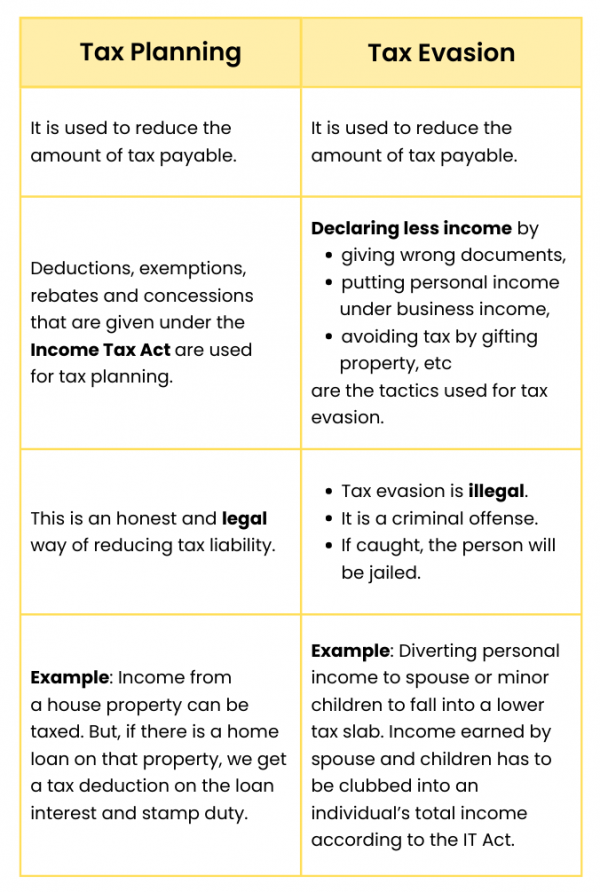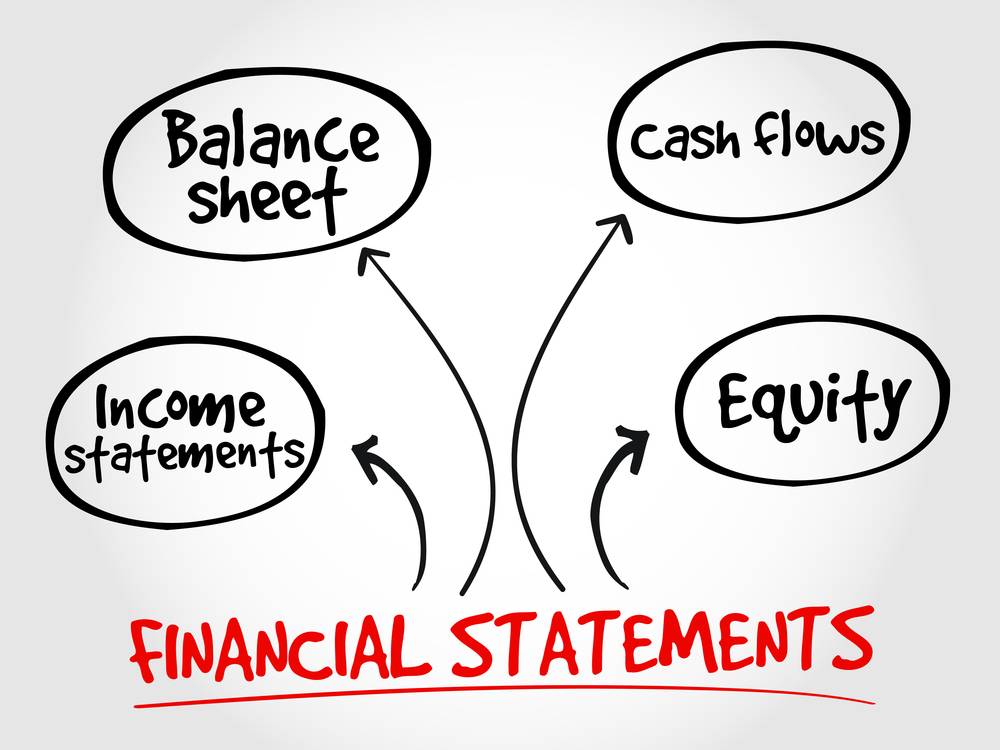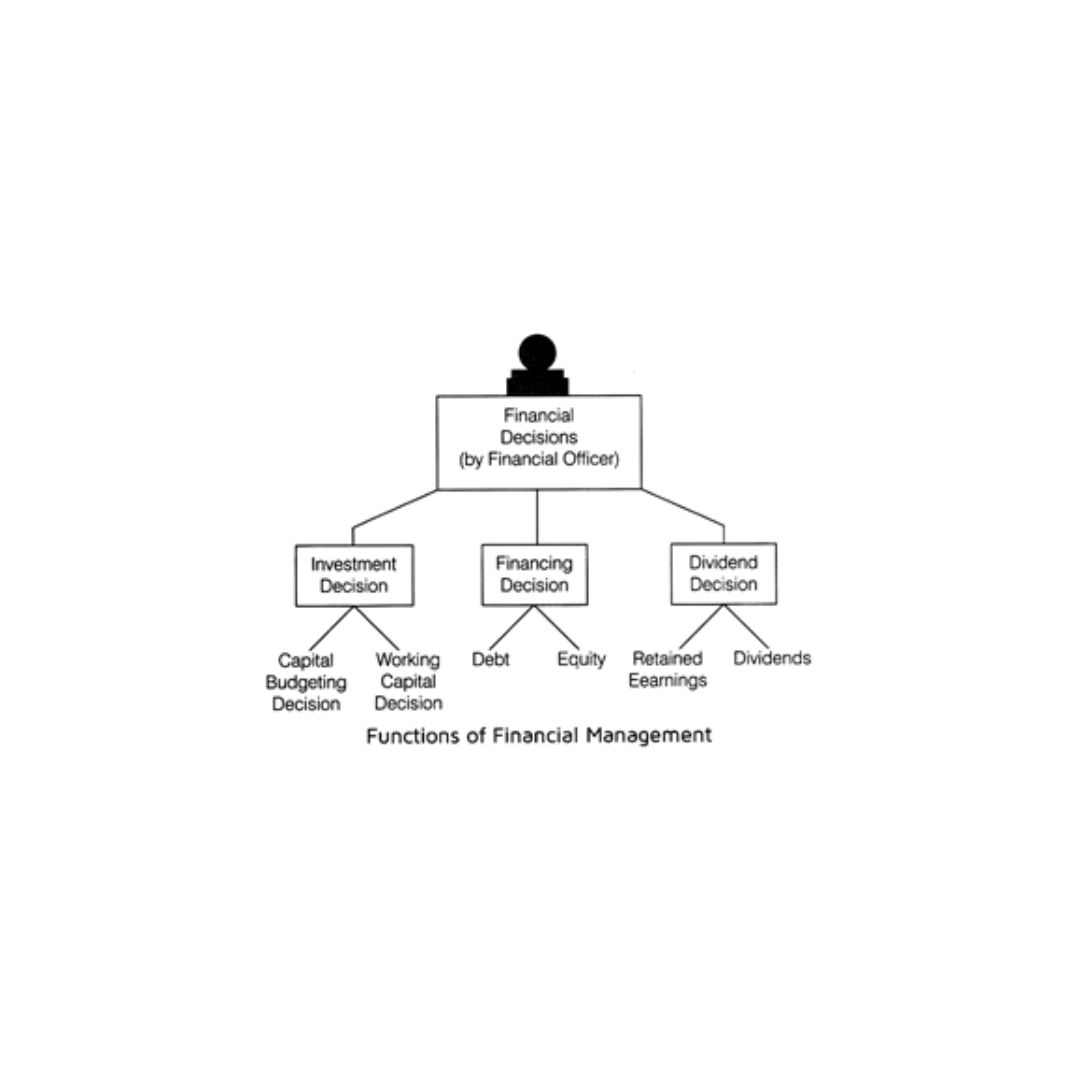Fixed Deposit Interest Rate
Fixed Deposit Interest Rate A Fixed Deposit (FD) serves as a financial instrument offered by banks and various financial institutions, enabling individuals to invest a specified amount for a predetermined duration at a fixed interest rate. Fixed Deposits are known for their safety, stability, and guaranteed returns. Key Features of Fixed Deposits: 1. Interest Rates:… Read More »









